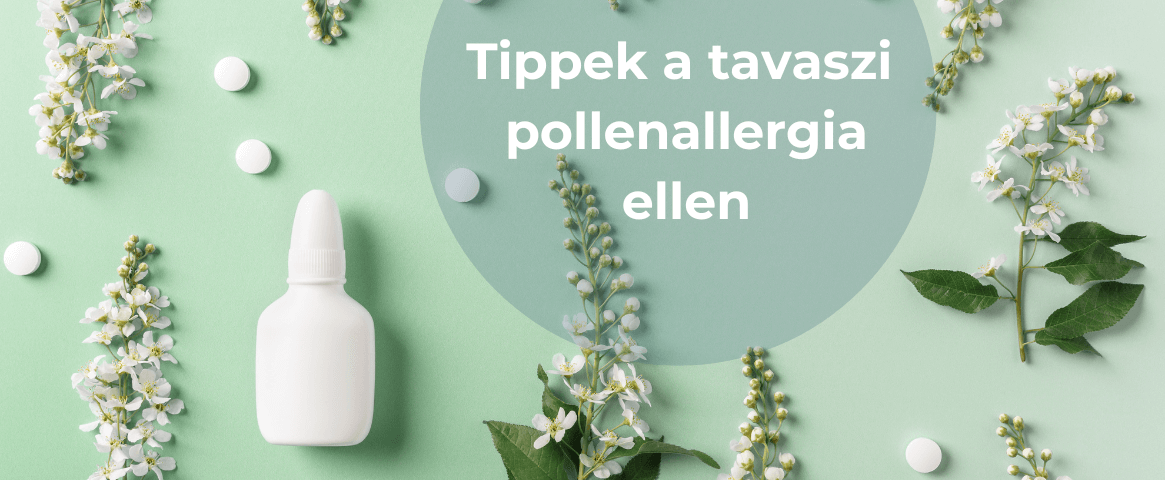The long-awaited sunny spring has arrived, when nature comes to life again, we can organise outdoor activities and enjoy the longer days. Unfortunately, for many people, the nice weather does not bring untroubled happiness, as the trees and flowers wake up to pollen and allergy symptoms.
The spring allergy season usually starts in April. This is when linden, birch, oak, yew, willow and chestnut trees start to bloom. The most common symptoms are runny nose, nasal congestion, sneezing, coughing and eye irritation, which can be very annoying.
To help reduce symptoms, here are some home practices to give us a good chance of easing this period:
- Take lots of vitamins and immune boosters
Strengthen your immune system with vitamin-rich foods, lots of vegetables and fruit. Citrus fruits are an excellent source of vitamin C, and ginger, which can also be boiled down and consumed as a tea, is a real immune booster.
- Quick ventilation
Ventilation is necessary, but try to keep it as short as possible, as it allows pollen circulating outside to enter the house quickly.
- Cleaning and washing hair
During the day, especially when we are outdoors, dirt and pollen stick to our hair and skin, so we need to increase our cleaning routine. Our hair is particularly at risk at this time, especially for long-haired ladies, as pollen can build up on bedding and our face when we sleep at night, so it is better to keep our hair clean and dry.
- Don’t spend too much time outdoors!
This is a very difficult point to keep, as all the activities, gardens and gatherings of friends encourage us to enjoy the fresh air and warm weather. It’s worth being aware of exactly what you are allergic to and keeping an eye on the flowering season so that you can better define the most dangerous period for you.
- Vacuum as much as possible!
You cannot vacuum and mop enough during this period, even after a good airing. Try to do these several times a week to minimise the amount of pollen that settles in your home.
- Cleaning air conditioners
Have your air conditioner cleaned and filters changed at least once a year. This is not just useful for pollen, as air conditioners can also harbour a lot of bacteria and mould over time and use them to spread around your home.
